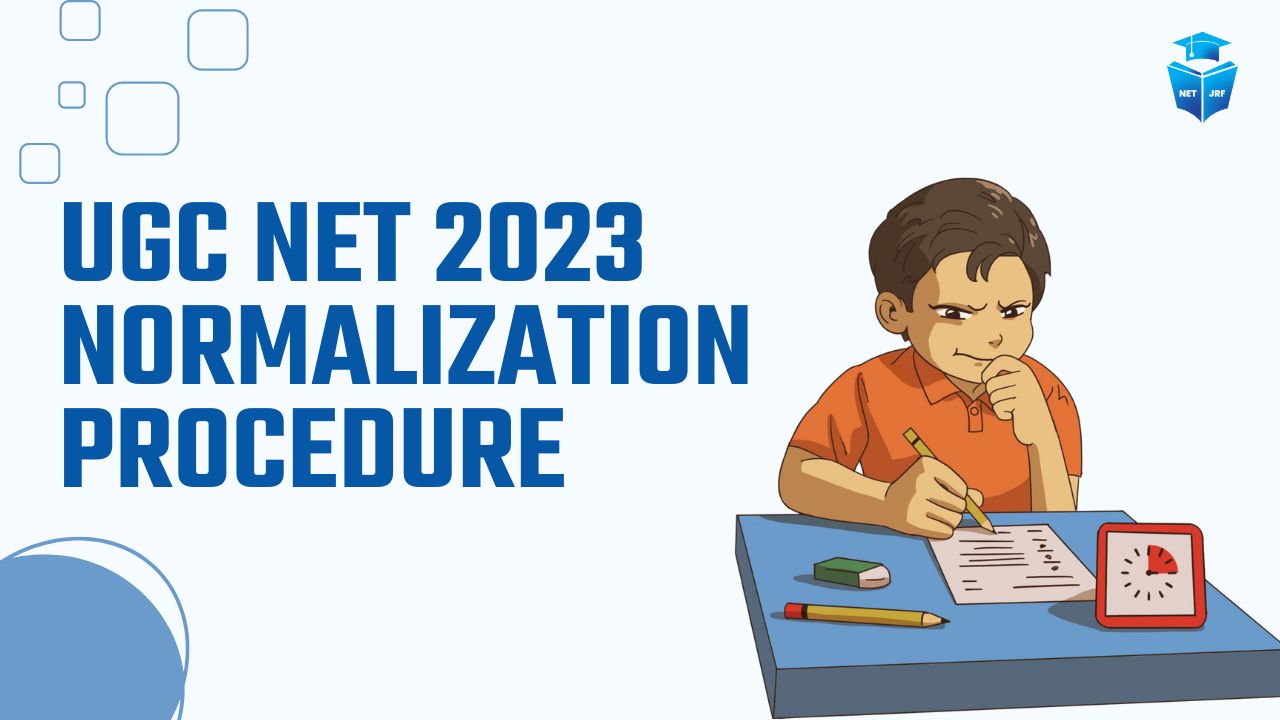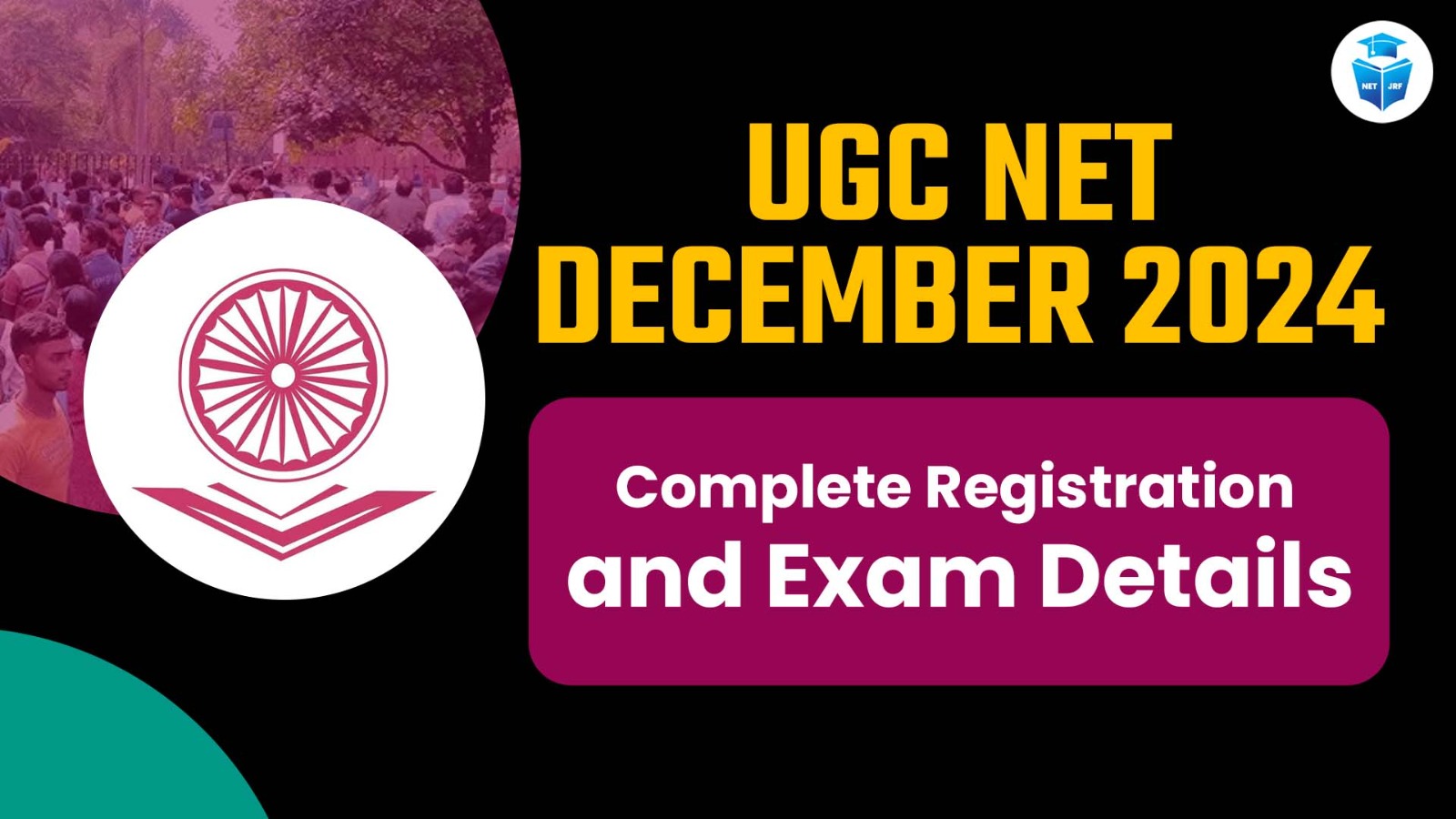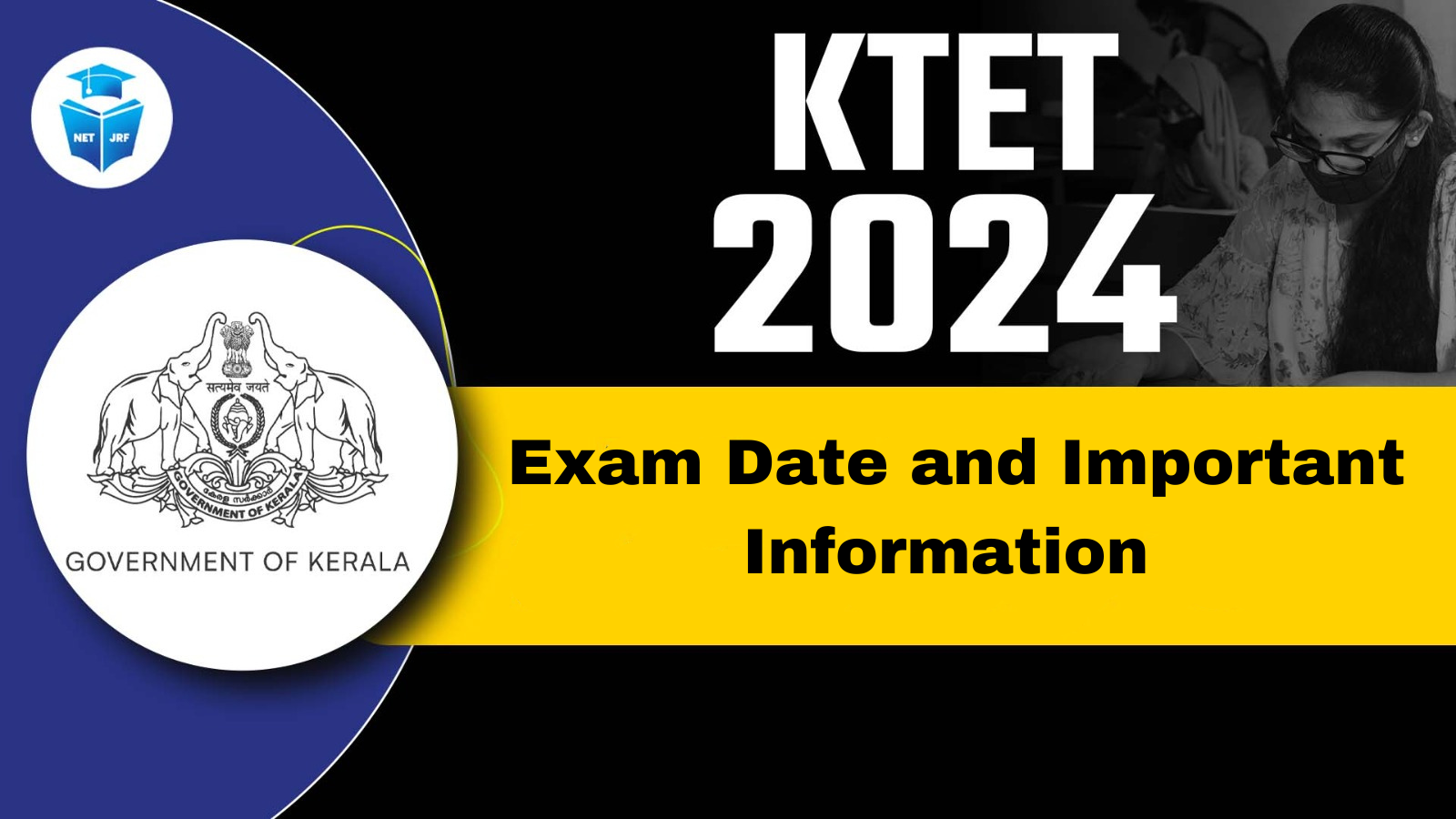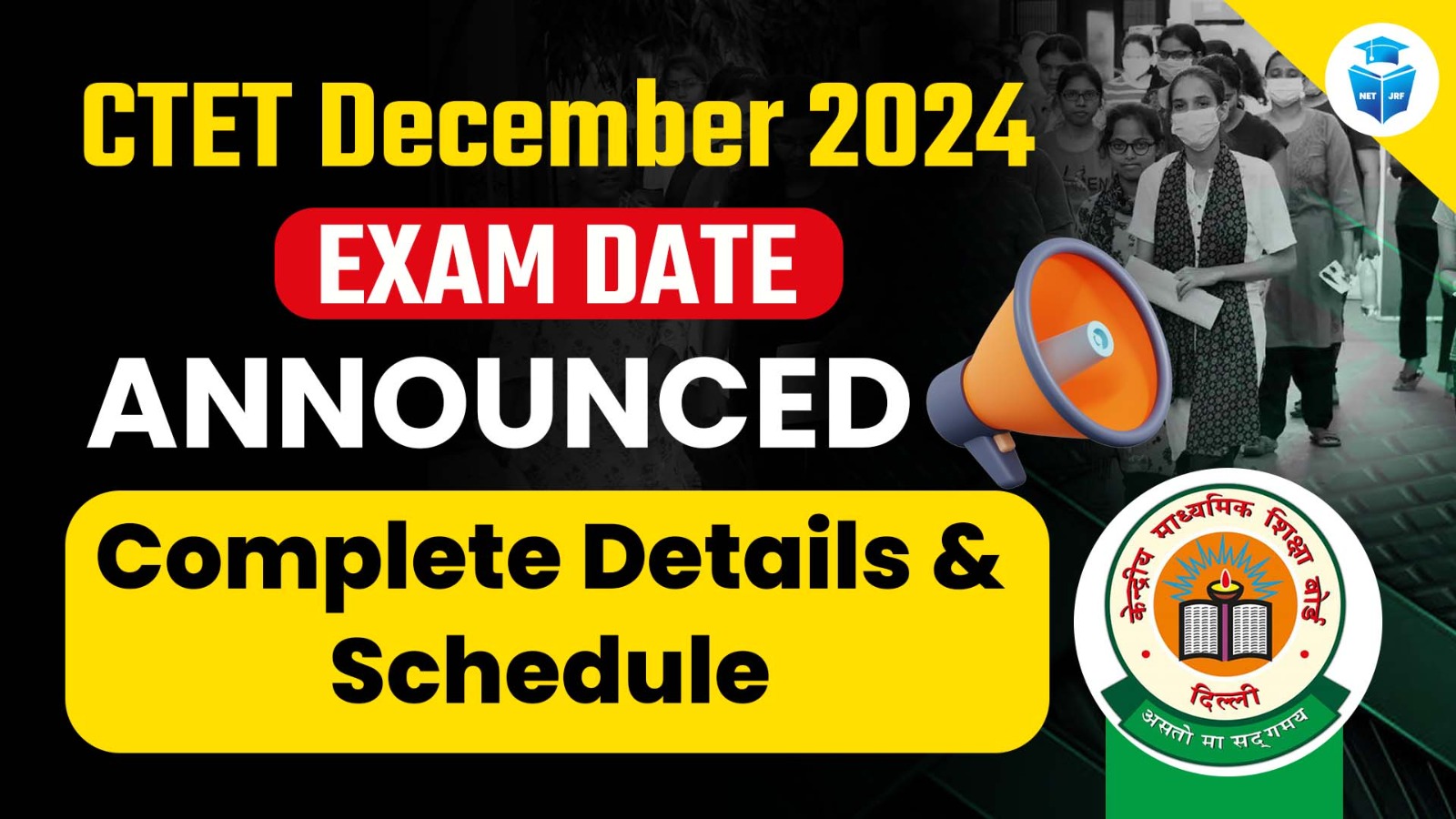
Get an Instant Callback by our Mentor!

The National Testing Agency (NTA) has been entrusted by the University Grants Commission (UGC) with the task of conducting UGC-NET, which is a Test to determine the eligibility of Indian nationals for ‘Assistant Professor’ as well as ‘Junior Research Fellowship and Assistant Professor’ in Indian Universities and Colleges.
The UGC-NET is being conducted by the National Testing Agency (NTA) in Computer Based Test (CBT) mode w.e.f. December 2018 onwards.
Awarding of Junior Research Fellowship (JRF) and/ or Eligibility for Assistant Professorship depends on the aggregate performance of the candidate in Paper-I and Paper-II of UGC-NET. The candidates qualifying only for Assistant Professorship are not eligible to be considered for the award of JRF. Candidates who qualify the eligibility test for Assistant Professorship are governed by the rules and regulations of the concerned Universities/Colleges/State Governments, as the case may be for recruitment of Assistant Professor.
UGC-NET is conducted twice every year (June & December). Due to the outbreak of COVID- 19 pandemic in 2020 & 2021, the cycles of UGC NET were merged and conducted together.
In order to regularize the UGC-NET examination cycle, the National Testing Agency (NTA), with the concurrence of UGC is conducting UGC NET December 2022 in the month of February & March 2023 in 83 subjects, at selected cities across the country.
Going a step further and to regularise the exam cycle, the NTA has released exam dates for the later half of the year and the exam will be held from 13th to 22nd June 2023.
As NTA gears up to conduct the exam in a proper manner, students also need to prepare themselves for the exam in a dedicated manner. A question that boggles the mind of candidates regularly is the process of normalization that will be followed by the NTA and whether their score will be affected badly after the application of the said procedure. We will try and allay all your fears related to the normalization procedure.
Our JRF team is the best in the business and almost all of them have already been selected as JRF. So, in your preparation journey we will be the best guide for you and our experienced team will prove to be a vital cog in your preparation journey.
The guidelines related to normalization are as follows:
a) For multi-shift papers, raw marks obtained by the candidates in different shifts/sessions will be converted to NTA Score (percentile).
b) The detailed procedure on NTA Score being adopted is available on NTA website under Normalization procedure based on Percentile Score.
c) In case a subject test is conducted in multi-shifts, NTA Score will be calculated corresponding to the raw marks obtained by a candidate. The calculated NTA Score for the Raw Marks for all the shifts/sessions will be merged for further processing for deciding the allocation.
d) In the events of the percentiles for the multi-shifts being dissimilar / unequal, the lowest will be the eligibility cut-off for that category for all candidates (i.e. all shifts).
For Example: In the examination held in two shifts, if the 40% marks correspond to a Percentile score of 78 in Shift 1 and 79 in Shift 2, then all those equal to or above 78 percentiles (Percentile score of 100 to 78) in both shifts will become eligible in General Category. Similar method will be adopted for the other categories to determine eligibility cut-offs. In case the examination is held in a greater number of shifts the same principle shall apply.
PROCEDURE TO BE ADOPTED FOR COMPILATION OF NTA SCORES FOR MULTI SESSION PAPERS (NORMALIZATION PROCEDURE BASED ON PERCENTILE SCORE)
NTA may conduct examinations on multiple dates, generally in two sessions per day. The candidates will be given different sets of questions per session and it is quite possible that in spite of all efforts of maintaining equivalence among various question papers, the difficulty level of these question papers administered in different sessions may not be exactly the same. Some of the candidates may end up attempting a relatively tougher set of questions when compared to other sets. The candidates who attempt the comparatively tougher Examination are likely to get lower marks as compared to those who attempt the easier one. In order to overcome such a situation, “Normalization procedure based on Percentile Score” will be used for ensuring that candidates are neither benefitted nor disadvantaged due to the difficulty level of the examination. With the objective of ensuring that a candidate’s true merit is identified, and that a level playing field is created in the above context, the Normalization Procedure, set out below shall be adopted, for compiling the NTA scores for multi session papers.
The process of Normalization is an established practice for comparing candidate scores across multi session papers and is similar to those being adopted in other large educational selection tests conducted in India. For normalization across sections, NTA shall use the percentile equivalence.
Percentile Scores: Percentile scores are scores based on the relative performance of all those who appear for the examination. Basically the marks obtained are transformed into a scale ranging from 100 to 0 for each session of examinees.
The Percentile Score indicates the percentage of candidates that have scored EQUAL TO OR BELOW (same or lower raw scores) that particular Percentile in that examination. Therefore the topper (highest score) of each session will get the same Percentile of 100 which is desirable. The marks obtained in between the highest and lowest scores are also converted to appropriate Percentiles.
The Percentile score will be the Normalized Score for the Examination (instead of the raw marks of the candidate) and shall be used for preparation of the merit lists.
The Percentile Scores will be calculated up to 7 decimal places to avoid bunching effect and reduce ties. The Percentile score of a Candidate is calculated as follows:

STEP-BY-STEP PROCEDURE FOR NORMALIZATION AND PREPARATION OF RESULT:
Step-1: Distribution of Examinees in two shifts:
Candidates have to be distributed into two sessions randomly so that each session has approximately equal number of candidates. These two sessions would be as follows:
Session-1: Day-1 Shift-1, Session-2: Day-1 Shift-2
In the event of more number of days or less number of shifts, the candidates will be divided accordingly.
This will ensure that there is no bias in the distribution of candidates who shall take the examination. Further, with a large population of examinees spread over the entire country the possibility of such bias becomes remote.
Step-2: Preparation of Results for each Session:
The Examination results for each session would be prepared in the form of
Ø Raw Scores
Ø Percentiles Scores of Total raw scores.
The Percentiles would be calculated for each candidate in the Session as follows: Let TP1 be the Percentile Scores of Total Raw Score of that candidate.

Step-3: Compilation of NTA score and Preparation of Result:
The Percentile scores for the Total Raw Score for all the sessions (Session-1: Day-1 Shift-1, Session-2: Day-1 Shift-2) as calculated in Step-2 above would be merged and shall be called the NTA scores which will then be used for compilation of result and further processing for deciding the allocation.
In the events of the percentiles for the multi-shifts being dissimilar / unequal, the lowest will be the eligibility cut-off for that category for all candidates (i.e. all shifts).
For Example: In the Examination held in two shifts, if the 40% marks correspond to a Percentile score of 78 in Shift 1 and 79 in Shift 2, then all those equal to or above 78 percentiles (Percentile score of 100 to 78) in both shifts will become eligible in General Category. Similar method will be adopted for the other categories to determine eligibility cut-offs. In case the Examination is held in more number of shifts the same principle shall apply.
As always, if you have any questions or feedback, we’d love to hear from you. You can reach us on support [email protected]
or
Call support - +91 8955296472 ,+91 6375278950 ,+91 6350183347
Download JRFAdda App for Updated Videos, Free Topic-Wise Quizzes, and Free Mini Mocks
Download Free Study Material Here
Let's connect with JRFAdda
🚀 Download the JRFAdda App here
🚀 YouTube Channels : JRFAdda NET SET Asst Prof & All Teaching Exams




.jpeg)


Founder of JRFAdda, is a Computer Science educator with an MCA degree and JRF qualification. Her experience includes roles as an SBI SO (DBA), work at Cognizant, and over 5 years of teaching online and offline. She has also served as a Government Computer Teacher in Rajasthan.